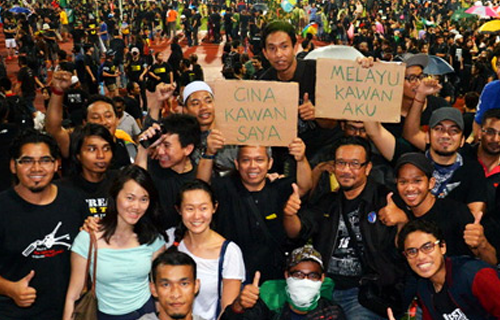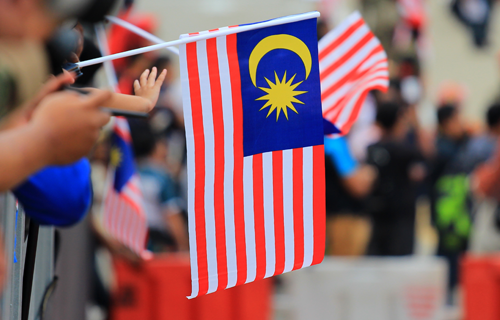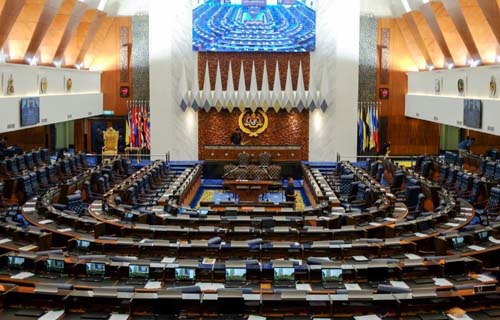Love is Colour Blind (Except in Malaysia)

Written by Durrah Azlan, a member of Akar Umbi Kita, a programme for emerging advocates against racial discrimination by Architects of Diversity, Imagined Malaysia, IDEAS and the European Union. This article is published in conjunction with the International Day for the Elimination of Racial Discrimination.
“Who cares if someone loves another person of a different race? It’s only a problem if they hate each other.”
I stumbled upon this line originating from Yasmin Ahmad’s 2004 film Sepet whilst trying to comfort a dear friend trying to get over liking someone from a different race. Unlike Jason and Orked who managed to live together happily in the subsequent films, the anxiety of upcoming trials and tribulations of an interracial relationship in Malaysia was enough to scare my friend off from further pursuing all the what-could-have-beens despite it having worked in the past.
Interracial relationships are not something new. Two of our former Prime Ministers were betrothed to someone outside their race, including Malaysia’s founding father Tunku Abdul Rahman who married Lady Meriam Chong. My own ancestor was a miner who migrated from Yunnan, China to Pahang in the 18th century and married a local Malay woman.
In current times, we have politician Hannah Yeoh and her husband Ramachandran Muniandy as well as popular celebrity Hazama and musician Genervie Kam. In 2019 alone, the Department of Statistics Malaysia announced over 20,000 marriages were of couples from different ethnicities, indicating a growth of openness to celebrating each other’s values.
However, one cannot ignore the sacrifice and challenges that possibly have to be faced between two people from different races loving each other, especially when race and religion are tightly intertwined. Just look at local popular culture, where we have Amy Search crooning over his lost love due to culture differences in the classic 1989 rock song Isabella, while singer Santesh serenades his lover while pointing out the religious boundary in his 2018 hit song Amalina. On Twitter, people have shared funny anecdotes of them having to split up with their partners due to their undying love of pork.
Structural challenges aside, one might also find it hard to look past challenges in terms of mindset and social expectations especially from people around. In a collectivist society, how do two people love each other freely without overthinking what the other person’s community thinks about them? How does one accept the knowledge and guilt that the person they love is a victim of an oppressive system that benefits them on the other hand? How does one get behind loving another who grew up with people stereotyping and have normalised slurs against the people of your race?
I wonder if these prejudices ever cross the mind of the people one loves as a result of a passed down mindset, and one cannot help but to reflect the enormous effort it takes trying to unlearn these negative biases and behaviours, if some actions were made to overcompensate the guilt one feels, exacerbated from a broken system.
With these barriers listed, you know that interracial couples making it work are doing their best to love each other courageously, so kudos to them. Kudos to people doing their best to educate others in trying to change the mindset of others to promote love across skin colours. Kudos to people who do not judge and not get in the way of people being happy in each other’s presence.
Like the Yasmin Ahmad quote in the beginning, loving another person of a different race is not a crime nor should it be shunned, thus we should try our best to not make it harder for those who are experiencing it. In an ideal world, these situations would have been easier by overhauling a system that currently only serves the purpose of increasing polarisation and promoting discontent against races for the interests of a few.
I do hope my heartbroken friend turns out fine. The last I heard from her, she is already contemplating joining politics and daydreaming about becoming the Prime Minister one day in the next fifty years to advocate love and partnership in Malaysia where one will not have to sacrifice their identity nor personal wellbeing.
Here’s to a future generation where there would be less people who loved each other being separated due to circumstances they are unable to control.


